The Ultimate Guide To Fairmined Gold Jewelry
What is Fairmined Gold?
Whether it is labeled as “ethical jewelry,” “responsible jewelry,” “sustainable jewelry,” “conflict-free jewelry,” or with any other manner of industry buzzwords, a sure way to guarantee that your ethical engagement ring is truly ethical is to invest in Fairmined gold jewelry.
Fairmined gold is gold that originates from a Fairmined-certified organization that follows strict guidelines in its workforce management, workplace conditions, and recovery methods. Though there are two levels of Fairmined certification, ethical gold and ecological gold, all Fairmined gold must maintain a transparent supply chain.

Ethical gold mines are prohibited from practicing unsound environmental processes or engaging in gender inequality or child labor. Further, operations must be legal, working conditions must be safe, and neither the business entity nor its owners can contribute to armed conflict. Ethical gold may be recovered using chemicals like mercury or cyanide, so long as the handling, use, and disposal of such chemicals is minimized and safe. Every fairmined mine has the eventual goal to be mercury-free as the mines develop and our gold sourced from Columbia and Peru have recently hit that milestone.
Comparatively, Fairmined Ecological gold must adhere to all of the requirements of an ethical gold mine, and also must be recovered using minimally environmentally invasive/destructive methods and without the use of toxic chemicals like mercury and cyanide.

How Is Fairmined Gold Different Than Recycled Gold?
Fairmined and recycled gold have both been advertised as “ethical” gold. Both also are subject to independent certification. But they are very different. The authenticity of recycled gold is verified via a Green Circle Certification and fairmined/fairtrade gold receives a Fairmined and Fairtrade certification as either ethical gold or eco-friendly gold. The latter represents a much stricter set of guidelines, needing to meet all the standard ethical criteria in addition to extra environmental-impact related requirements.
The biggest difference between recycled and Fairmined gold is that recycled gold does not have to prove that it originated in a Fairmined compliant facility. In fact, recycled gold does not have to provide any proof that it is not unethical, dirty, or conflict gold. The minimum requirements for recycled gold it that it just needs to have been previously refined or not directly come from a mine, a loose definition which presents many issues.

Why Use Fairmined Gold?
Buying Fairmined gold makes a measurable difference in the working conditions and practices, positively impacting the Artisanal mining workforce.
Buying Fairmined jewelry supports efforts to increase the number of ethical, eco-friendly gold mines. Given the workforce distribution in the industry, using Fairmined gold empowers us and our customers to make a positive difference in the living conditions of some of the industry's most-marginalized, least-protected actors.
Small-scale mining operations (or ASM Artisanal Small-Scale Mines) are part of a subsistence market wherein miners work under unsafe conditions, in contact with toxic materials, involved in processes that poison the air and water in their communities. Often, they sell the gold they recover for less than 30% of its worth just to be able to financially survive.
Fairmined certified operations diminish many of the workplace, environmental, and humanitarian hazards of this market. Further, Fairmined-certified operations demonstrate their commitment to a “whole pig” brand of mining, ensuring that they cause the least amount of environmental damage necessary to recover the most gold possible.

The benefit of maintaining a high degree of transparency throughout the supply chain is simple: consumers purchasing Fairmined jewelry can be sure it contains only conflict-free, ethically-sourced gold. This is important considering that gold laundering, or the integration of illegally procured illicit gold into shipments of gold ingots and bullion, is rampant even within the post-recycling supply chain for recycled gold. This means that recycled gold jewelry not only likely originated under unethical mining conditions, but often still contains some percentage of newly mined illicit gold.
Consumer purchases of recycled gold do not have any significant impact on either the sales or practices of large-scale gold mining corporations (which yield 80% of the gold supply) or on small-scale gold mines (which yield 20% of the gold supply but employ 90% of the workforce). Fairmined jewelry, however, represents a true ethical jewelry purchase. Fairmined practices do not diminish the amount of mining done; rather they increase the amount of already-planned mining that is performed using ethical and environmentally friendly practices.
Is recycled gold jewelry eco-friendly or ethical?
Recycled gold jewelry ultimately has a neutral impact on the gold mining industry. Recycled gold still has to be recovered via the mining process at its origin. What happens to it after that, whether it is recycled or kept as an heirloom, has little bearing on the practices of gold mining operations. Fairmined gold, on the other hand, requires significant ethical and eco-friendly changes to the practices of involved mining operations and all other actors in its supply chain. If you are looking for a truly conflict-free engagement ring or other ethical jewelry, Fairmined certified is the best option.
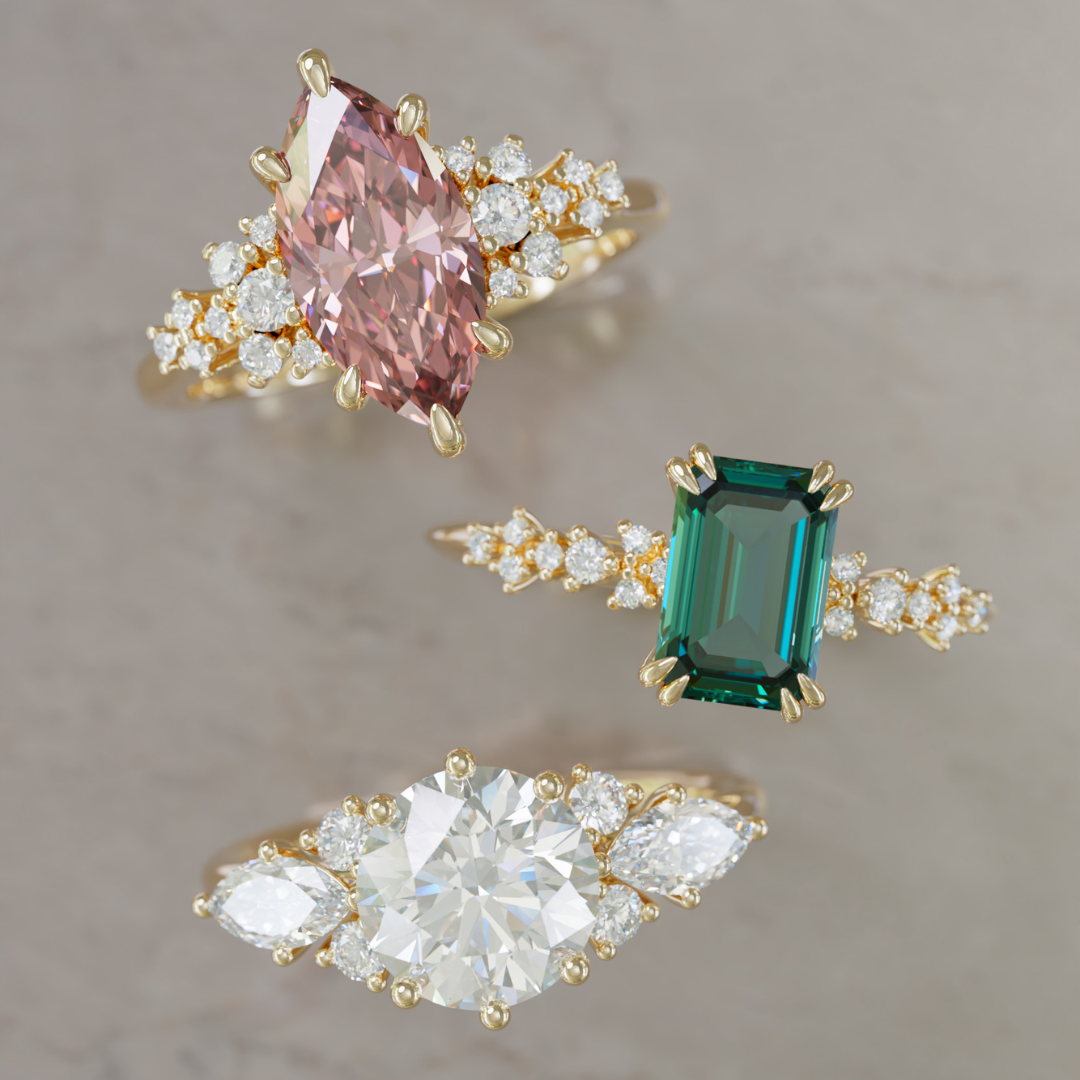




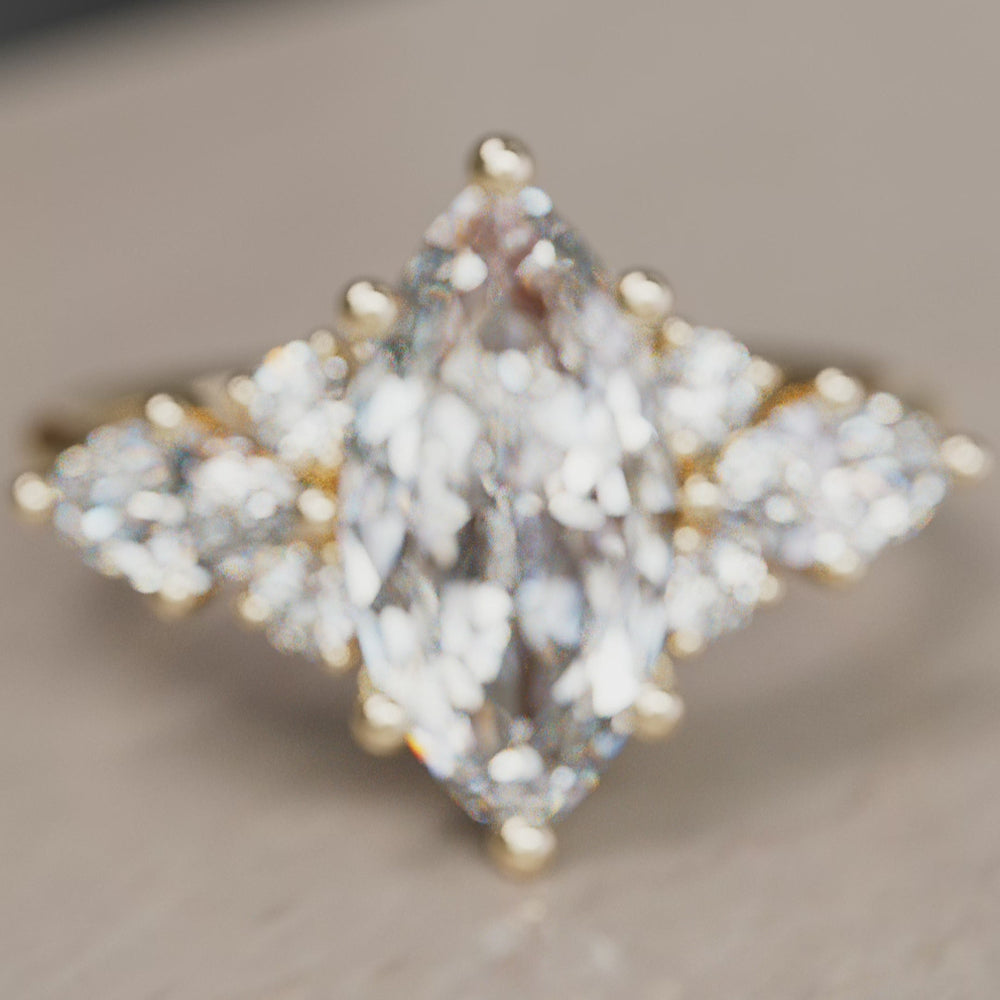


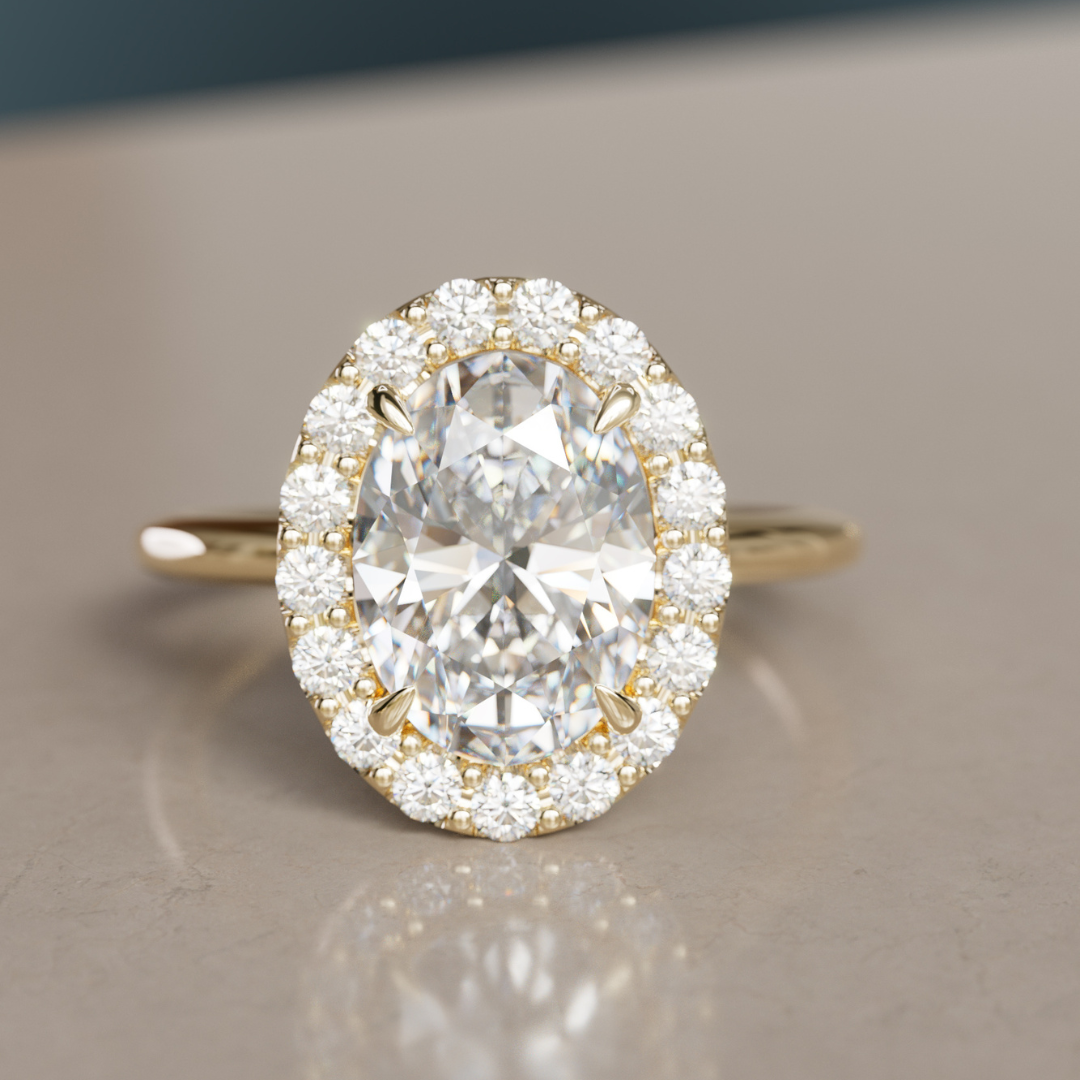
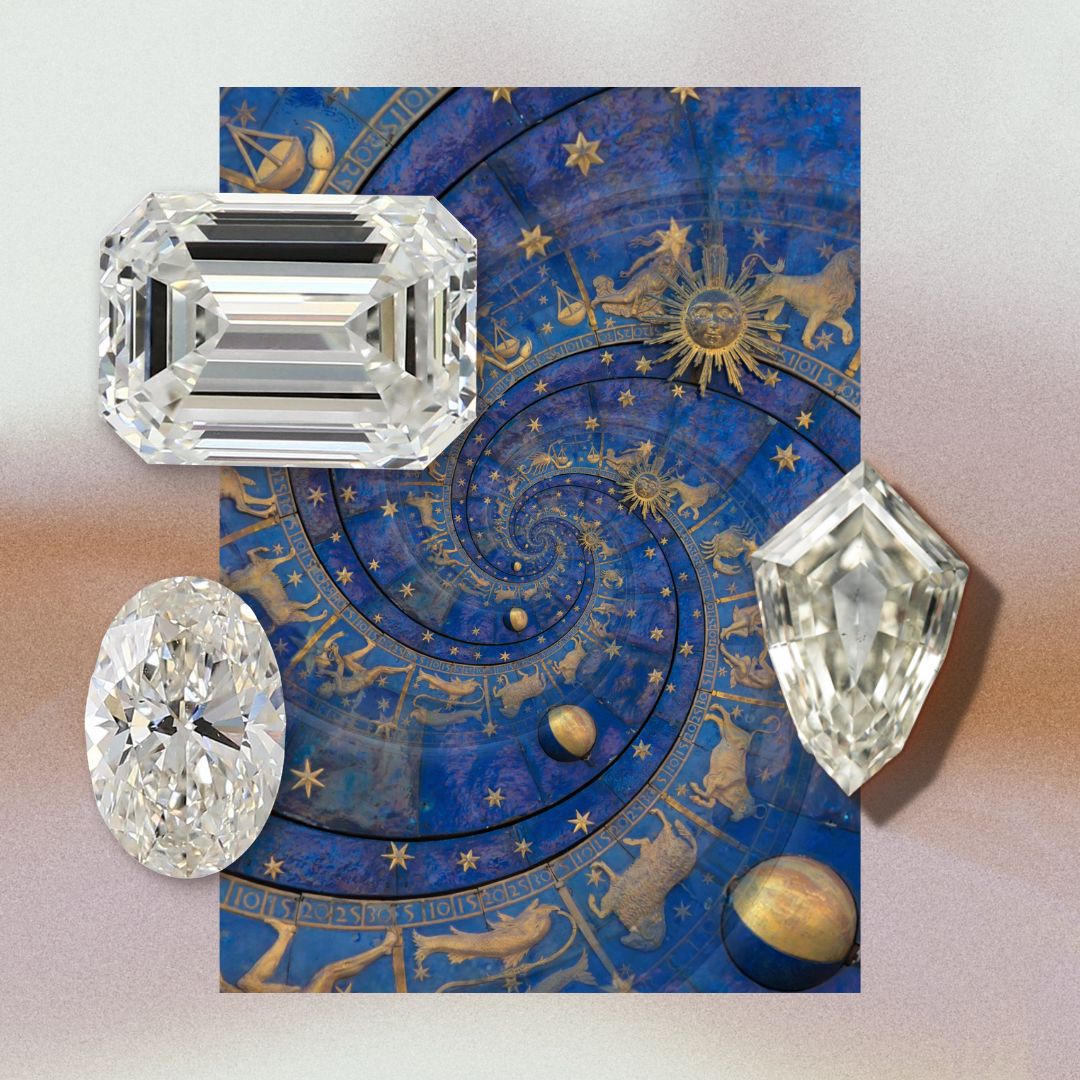





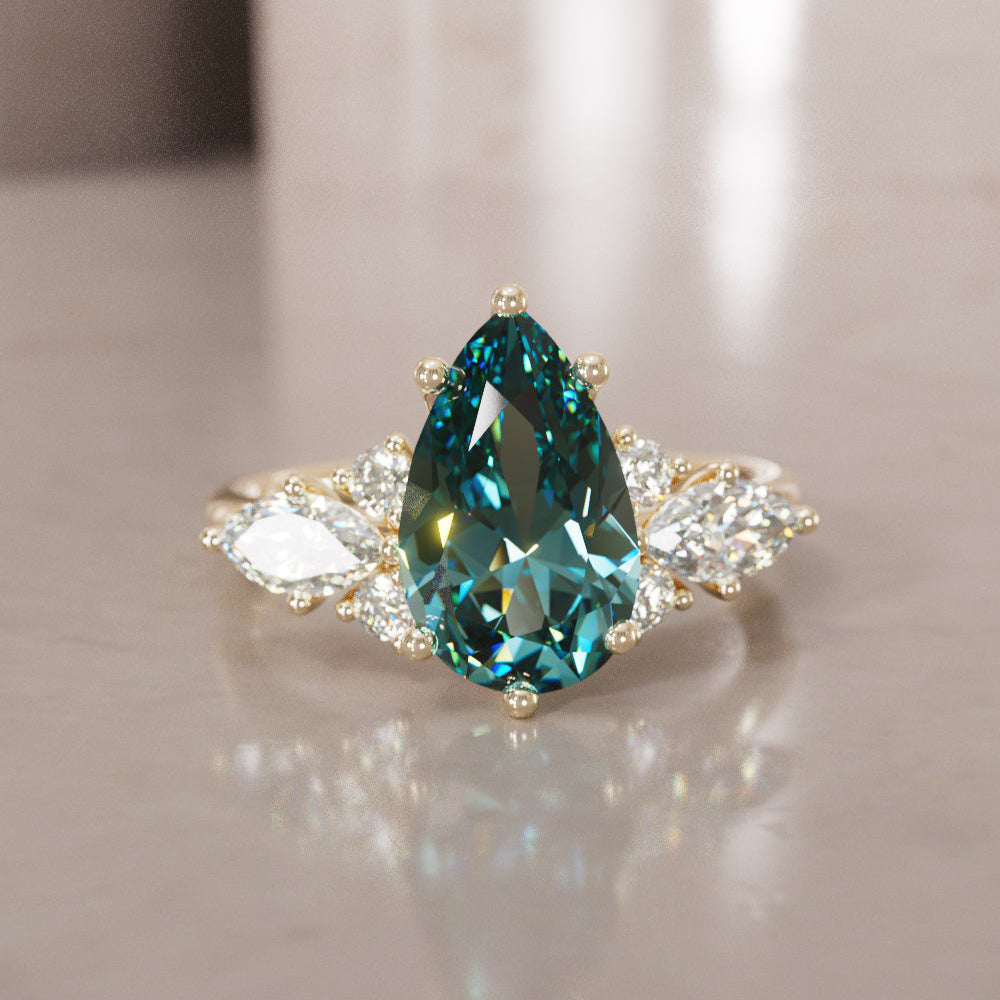
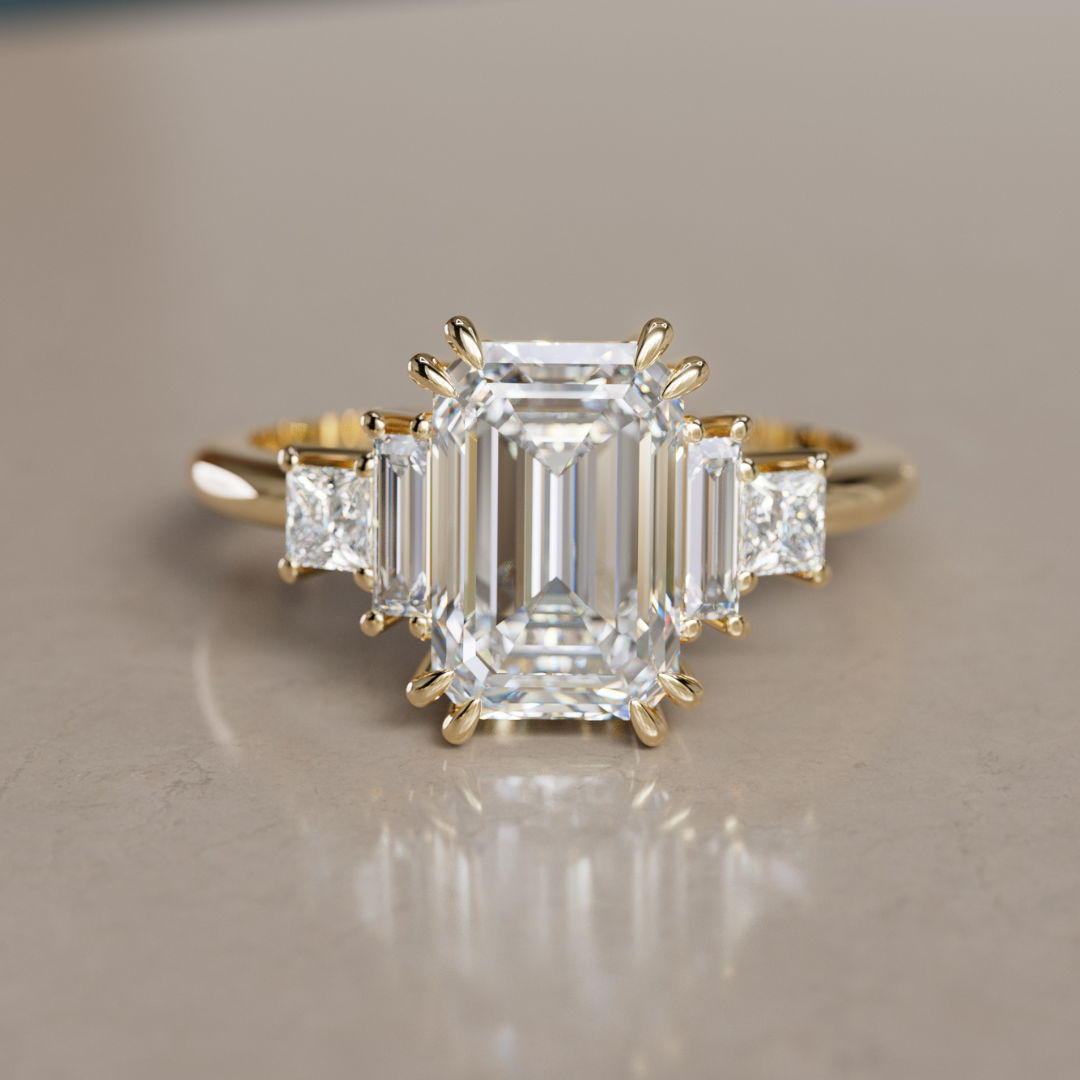

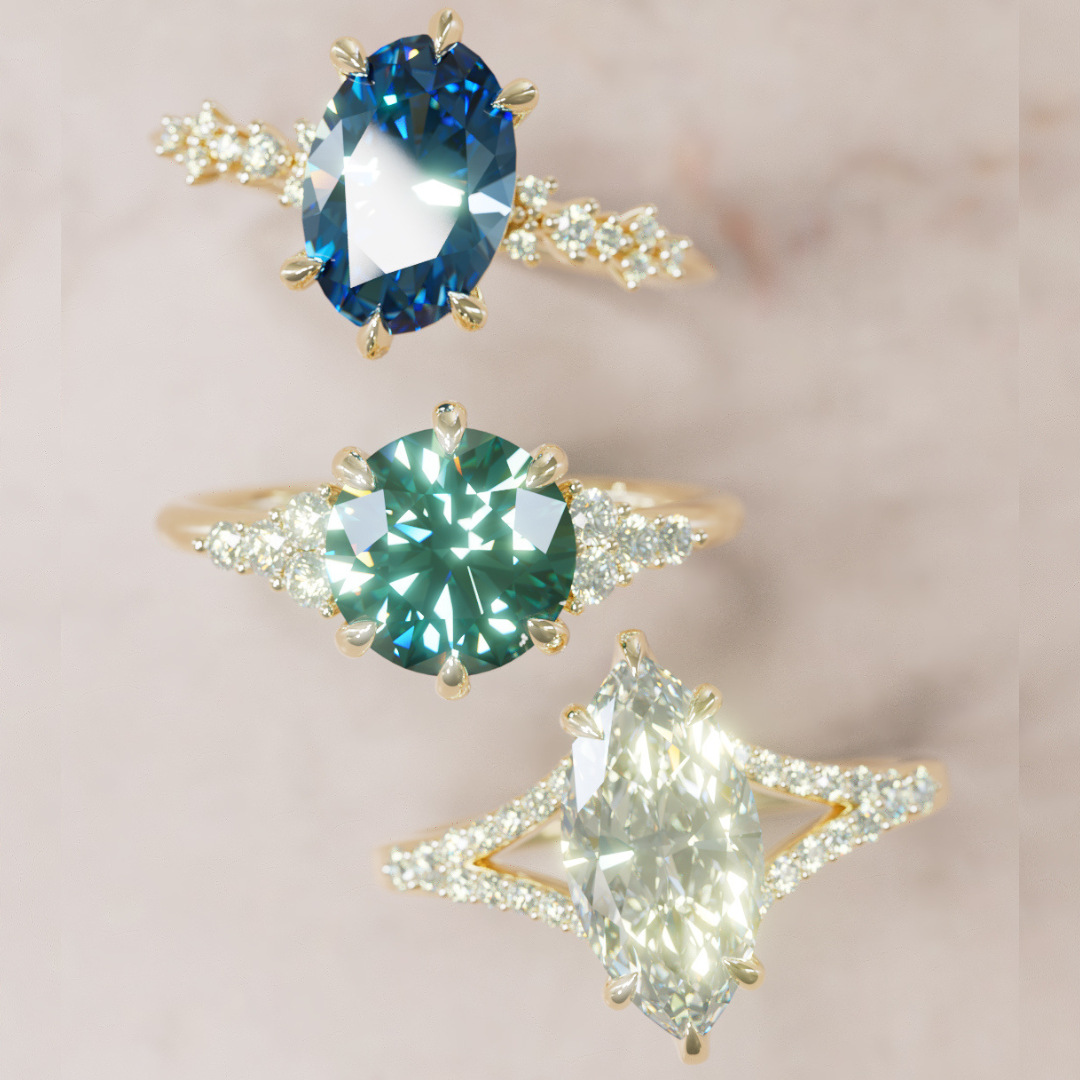
Leave a comment